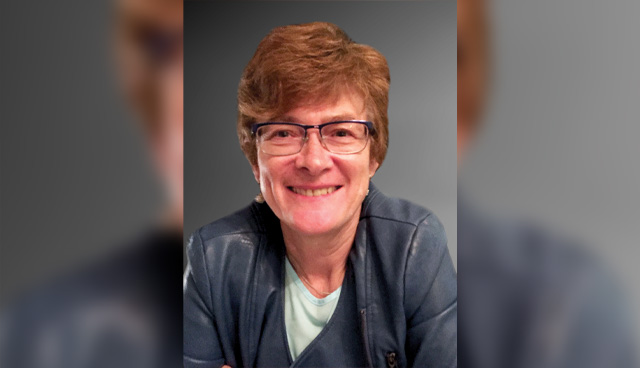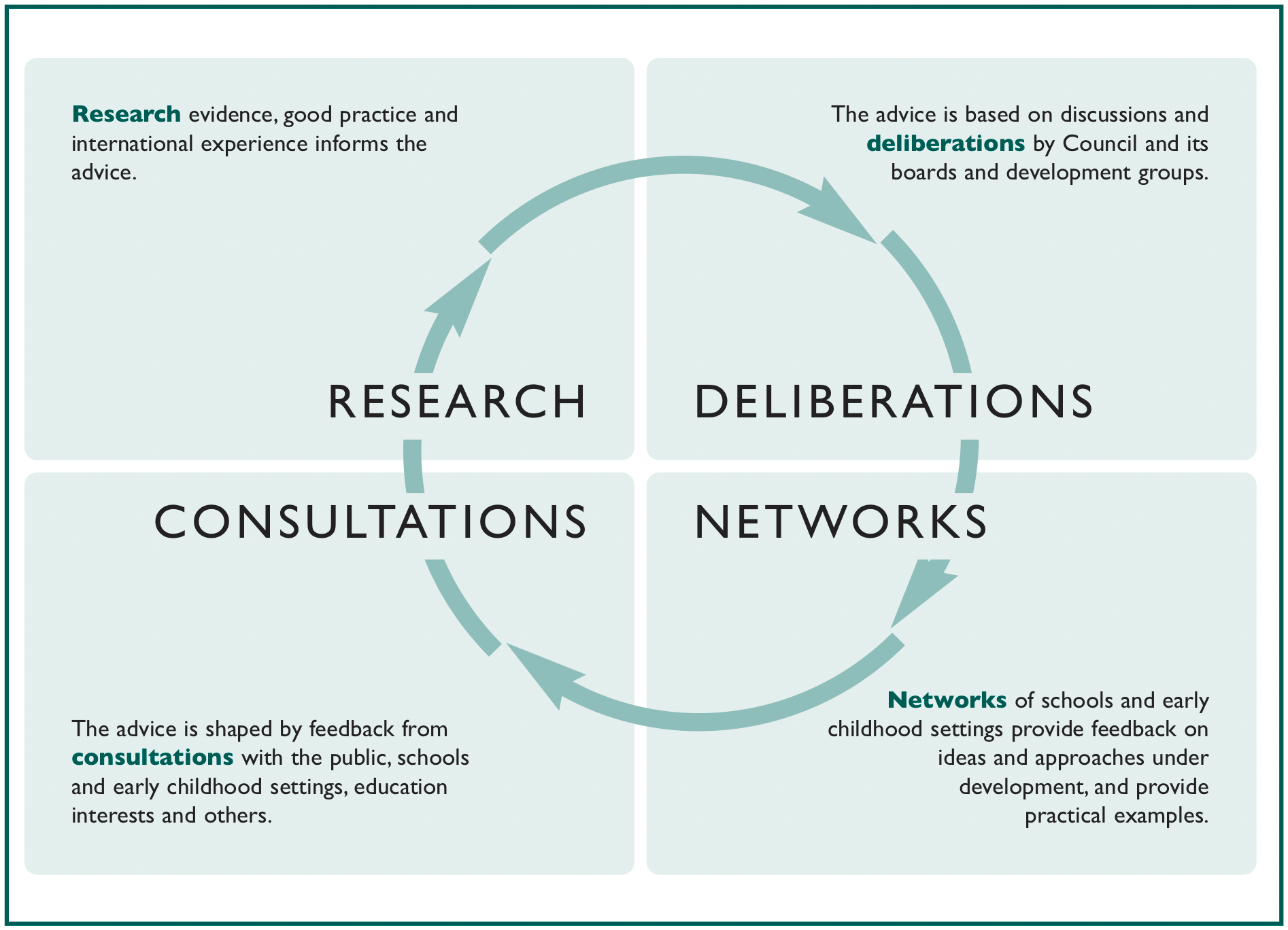Crafting curriculum and assessment for this generation and the next

Spanning childhood and adolescence from birth to age 18, the National Council for Curriculum and Assessment (NCCA) works with stakeholders to shape the curriculum for all children and young people in Ireland. NCCA’s Chair, Professor Mary O’Sullivan, outlines some of the work ahead, as the Council further extends and embeds inclusive, consultative processes in its work; supports the early childhood sector; consults on proposals for the future of the primary curriculum; and concludes an extensive review of senior cycle education.
Curriculum in the time of Covid
Covid-19 has forced us all to reckon with and reassess what really matters in our societies and communities. The fallout from Covid-19 gave us space to collectively re-assert the centrality of education in the Irish psyche and the crucial role education plays in supporting how society functions on a daily basis. Teachers and practitioners, parents and policymakers, students and stakeholders were acutely aware of the impact of setting and school closures on all of our lives and particularly on the lives of children and young people. Inequities which arguably always existed in education, and in society more broadly, came more sharply into focus and a collective desire to reopen schools and to tackle these inequities head on and with common purpose made itself known via the airwaves, on the news and in our homes.
The Council’s work in 2021 and beyond is driven by this common sense of purpose, with a focus on developing and supporting inclusive curriculum and assessment practices. NCCA’s vision is to lead innovation in education for learning, living and working in a changing world. But how does this work take place?
Curriculum and assessment developments
Established in 1984, NCCA became a statutory body in 2001 and now has almost four decades of experience under its idiomatic belt, advising the Minister for Education on all matters relating to curriculum and assessment. The 25-member Council is appointed by the Minister for Education, with the majority nominated by school management, teacher unions, parent and industry representative organisations. The Council oversees the work of NCCA staff, boards and development groups and plays a central role in shaping policy decisions in education.
Our wide brief makes the work challenging and hugely exciting. We have opportunities to build more and more connections between what and how children learn as they move from early childhood through primary and post-primary school and we must grasp these opportunities, keeping our minds open as we shape challenging, exciting and relevant learning experiences for current and future generations of children and young people.
NCCA works collaboratively with education professionals nominated by stakeholders, to develop curriculum and assessment frameworks and specifications. As advice to the Minister is developed, it draws on four key pillars:
- cutting-edge research from across the globe is critically reviewed and debated as we observe and keep a watchful eye on international developments;
- close attention is paid to what works as ideas about learning and teaching are developed, tried out, discussed and evaluated by and with children, young people, practitioners, teachers, parents and school leaders;
- consultations encourage wide engagement with key ideas about curriculum and assessment change; and
- extensive discussion and deliberation by the education partners takes place.
Feeding in, feeding back and feeding forward
NCCA’s work is highly consultative and deliberative and seeks to achieve praxis of research, policy and practice. Ongoing engagement with children and young people to capture their voices and perspectives on their experiences in education, informs and shapes the work of the NCCA. The work also incorporates feedback loops, gathering the views of practitioners, teachers, school leaders and parents, before, during and after the process of curriculum development. This approach allows for changes to be made, where relevant, which help to clarify or enhance expectations for learning.
Looking ahead, there is plenty of reason to be excited and proud of the learning experiences our children and young people have access to across the early childhood, primary and post-primary stages of their educational journeys.
Early childhood
NCCA launched Aistear, Ireland’s first ever curriculum framework for children from birth to six years, in 2009. This framework recognises the vital importance of early years to children’s cognitive, social and emotional development and we are committed to working with our partners in the early childhood sector over the coming years to update the research base underpinning Aistear and to further enhance the framework so it continues to meaningfully support our youngest children’s learning and development.

Primary
What and how children learn in primary school is changing. Earlier this year, NCCA published a set of proposals for consultation on the future of the primary curriculum.
The current primary curriculum was launched 21 years ago and in the interim, there have been calls from schools, parents and policymakers for it to do more, including responding to societal changes.
Proposals for the future of the primary curriculum offer an important opportunity to reflect on the purpose of a primary curriculum, particularly when we think about today’s world and the years ahead. The proposals are shaped by an extensive body of research, by working directly with schools and preschools, and through ongoing deliberations with the education partners.
Post-primary
A renewed Junior Cycle has seen the introduction of new curriculum specifications for all subjects and new curriculum components, such as short courses, as well as new approaches to assessment and reporting. Wellbeing was also introduced as a new area of learning within the Junior Cycle experience.
Senior Cycle has also seen the introduction of revised and new curriculum specifications in a range of Leaving Certificate subjects including economics, art, politics and society, computer science and Mandarin Chinese.
NCCA’s Review of Senior Cycle which took place between 2017 and 2020, is nearing completion. The Council is finalising an advisory report on the review setting out areas of work to be pursued in the future redevelopment of senior cycle education.
NCCA work in other areas
NCCA’s work in the years ahead also includes work on guidelines and materials for the curriculum for young people in detention and care settings; work with schools to gather examples of practice in Traveller culture and history; and developments to support schools’ work in Relationships and Sexuality Education (RSE).
Whilst the work of NCCA is something I am rightly very proud of, continuity of learning across all education sectors and all areas of learning during this pandemic was the most crucial role of all, played by our frontline heroes, teachers, early years practitioners and school leaders. Without their passion, engagement and expertise, the vision for curriculum and assessment they help to craft would remain mere words on a page.
T: 01 661 7177
E: info@ncca.ie
W: ncca.ie






